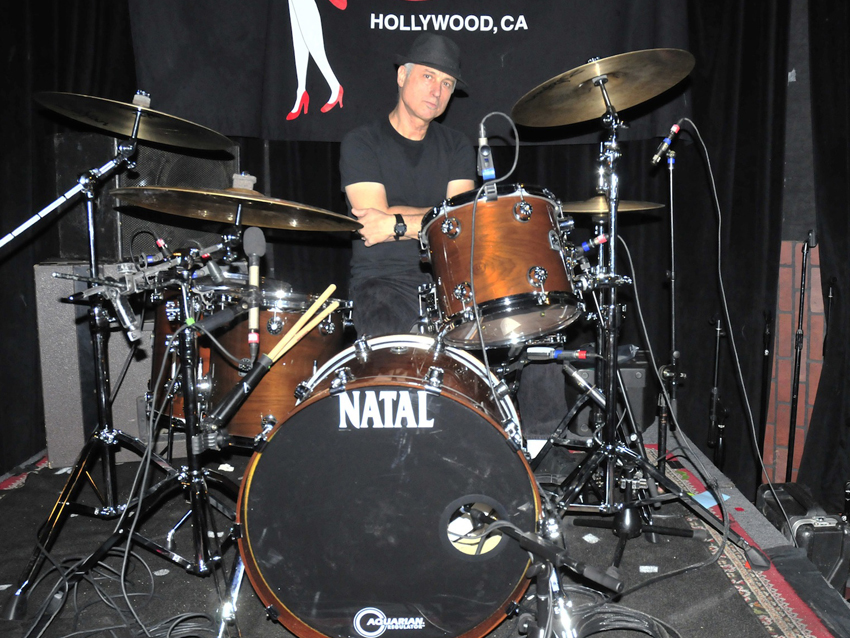
X's DJ Bonebrake picks 10 essential punk records
X drummer DJ Bonebrake claims that his new turntable isn't the stuff of audiophiles' dreams ("It's just a cheapo thing, like something from the '60s"), but he's having a great time with it nonetheless. "I'm pulling out all my old records, all of these punk singles," he says. "You play one side and turn it over – ‘Oh, what’s on the other side? I forgot...’ And then you’re like, ‘Oh, yeah! I like that one too.’ It’s a lot of fun."
Bonebrake recalls that the notoriously short running time of most vintage punk songs had some of his radio DJ pals grumbling back in the day. “Punk singles drove radio people crazy," he says. "They could never take bathroom breaks if they were playing anything punk – the songs were only a minute or two apiece. It’s not like these big concept albums, where you can put them on and walk away; you come back and it’s like, ‘Is that thing still on? When will it end?’”
He laughs, then adds, "X never made very long albums. They weren't super-short, but they didn't wear out the welcome, either. They were just the right length."
Just right for performing live, as it turns out: This July, X will revisit their own musical past by playing each of their first four albums (Los Angeles, Wild Gift, Under The Big Black Sun and More Fun In The New World) on four successive nights at the Roxy in Los Angeles. For more information, visit X's official website.
On the following pages, Bonebrake runs down his picks for 10 essential punk records. (Warning: Some audio clips are NSFW.)
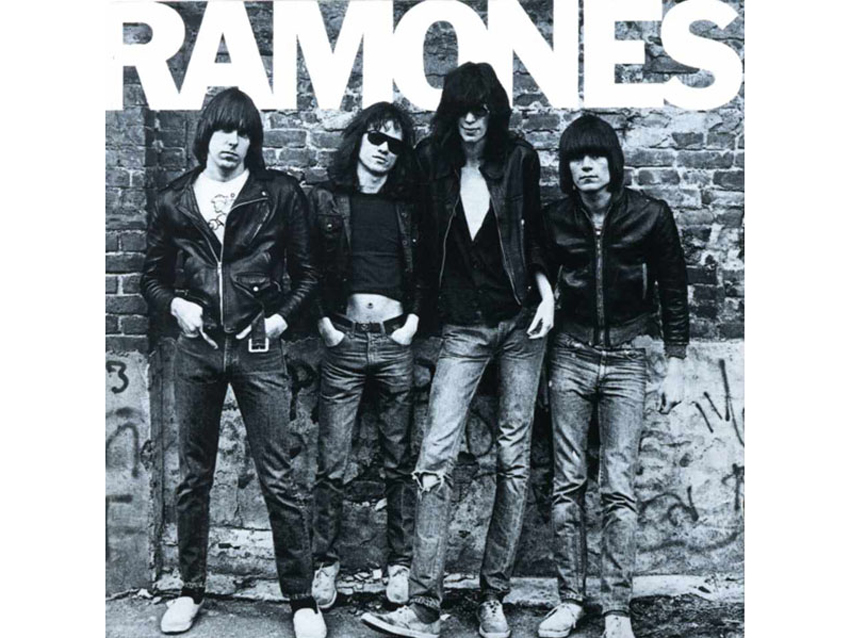
Ramones - Ramones (1976)
“This is an obvious choice. It’s the first Ramones record, and it’s the first punk record I ever heard. I remember listening to it for the first time and thinking, ‘Well, that’s not Brian Eno…’ [Laughs] It didn’t take long to get what was going on, though. After a minute or so, I was all in.
“It sounds as good today as it did then. I could pick a whole lot of Ramones records, but the first one is incredibly special. Pick a moment on it - you just can’t go wrong. Every second of it is just explosive and joyous and exciting.
“If for some reason you still haven’t heard this album, change that – right now.”
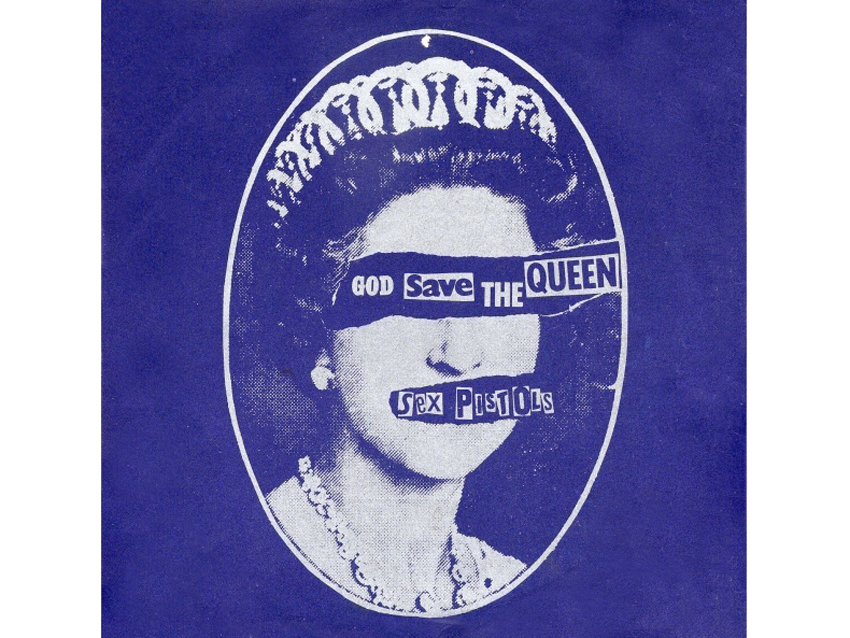
Sex Pistols - God Save The Queen (1977)
“That is another one of first punk records I ever heard. Nobody else in X seems to like the Sex Pistols, and I could never figure out why. I even went to see them in San Francisco – this was right around when I was leaving The Eyes to join X – and I thought they were fantastic. Nobody knew it at the time, but it turned out to be their last show.
“The album, Never Mind The Bullocks, is great, but I picked out the single because it really made a big impression on me. Some people are snotty about the Sex Pistols, but I've always understood them. The Ramones and the Sex Pistols – they define what this is all about.”
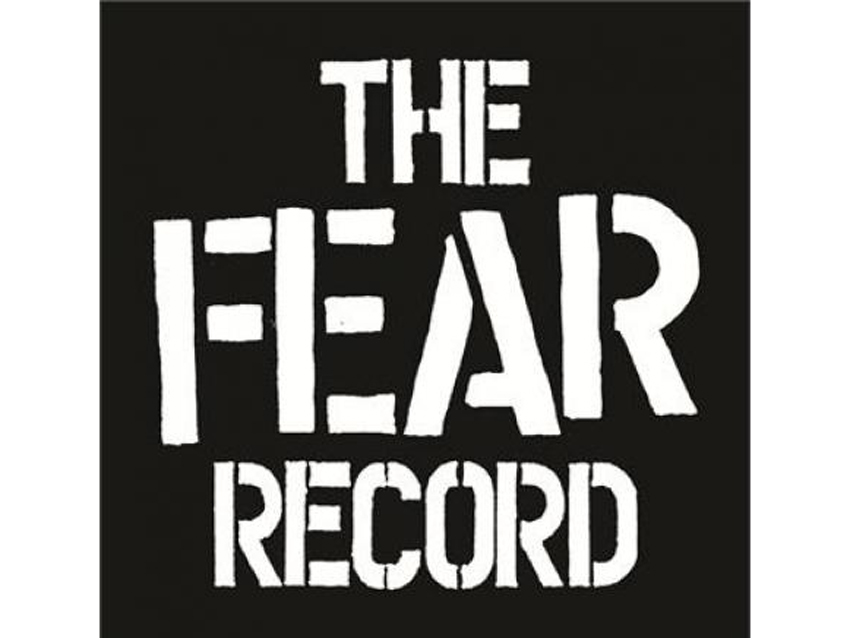
Fear - The Record (1982)
“They were always so good live. I was watching The Decline Of Western Civilization recently – my wife was playing it for our daughter – and it reminded me what a great band Fear were. What was funny was, they would be such gentlemen backstage; they're greet you very calmly and sit and talk to you. Once they hit the stage, it was a different story – they went insane, starting fights and causing chaos.
“This is a really terrific album. The song Beef Balogna – how can you not like that? [Laughs] I Love Livin’ In The City has a great line: ‘New York’s all right if you love saxophone.’ That really nailed the rivalry between New York and LA.”
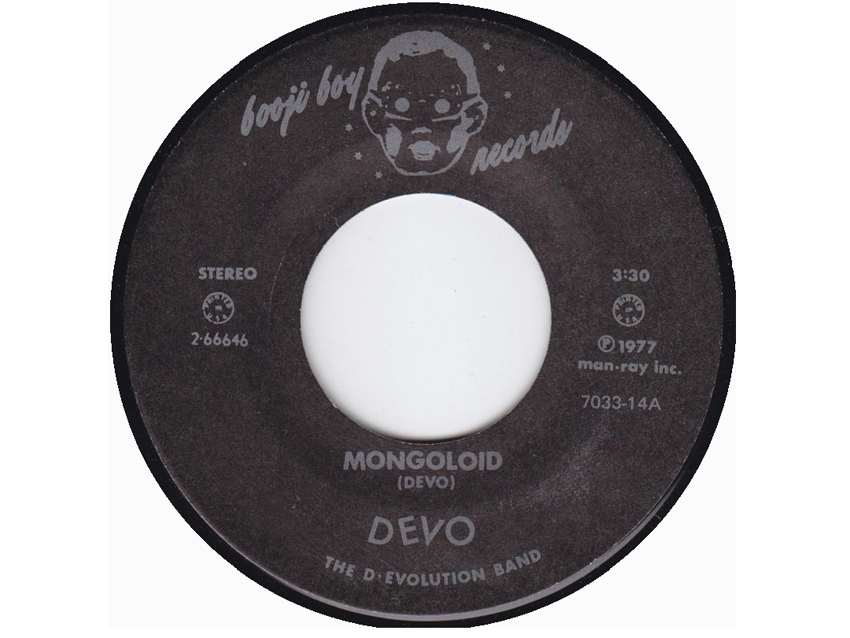
Devo - Mongoloid/Jocko Homo (1976)
“I always loved this record. It cost $1.50 and it made such an impact on me. I used to see Devo a lot out here in LA, and they were always so unique and entertaining.
“As opposed to some of their later music, these two tracks are very primitive and bare bones, but they still sounded different from everything else. The band was always doing things their own way: When they played the Starwood, they were their own roadies. They’d put on different outfits from what they wore on stage – coveralls, like they were mechanics. It was cool.”
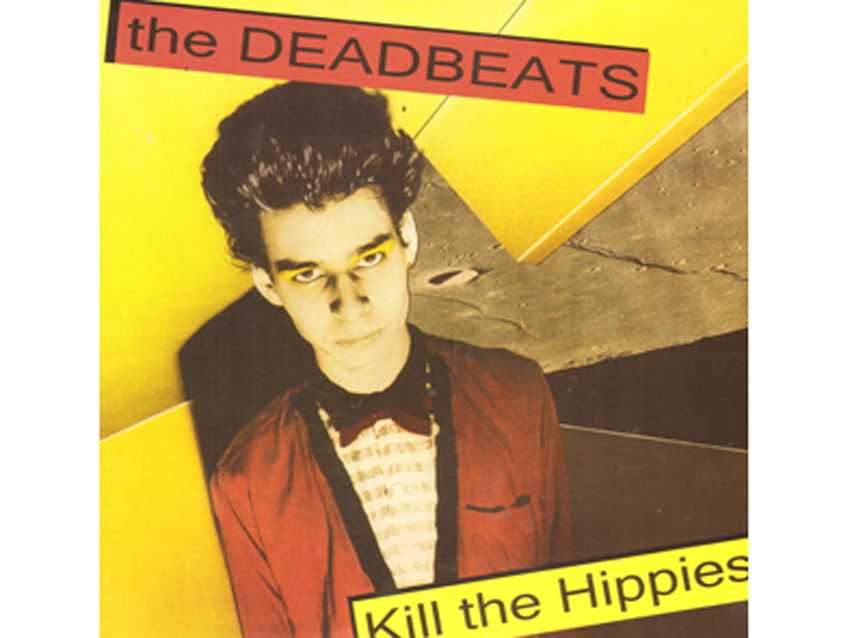
The Deadbeats - Kill The Hippies (1979)
“’Kill, kill, kill the hippies! Kill ‘em ‘cause their views are wrong. Kill ‘em ‘cause their hair’s too long!’ [Laughs] And then at the end, they’d say, ‘Send ‘em back to San Francisco, send ‘em back to San Francisco, send ‘em back to San Francisco NOW!’
“The band had Geza X on guitar, along with the Guerin brothers, Scott on vocals and Shaun on drums. They were the best – really tight, really cool. I always loved this single. It was on Dangerhouse Records, which put out a lot of good stuff. This is a fun one.”
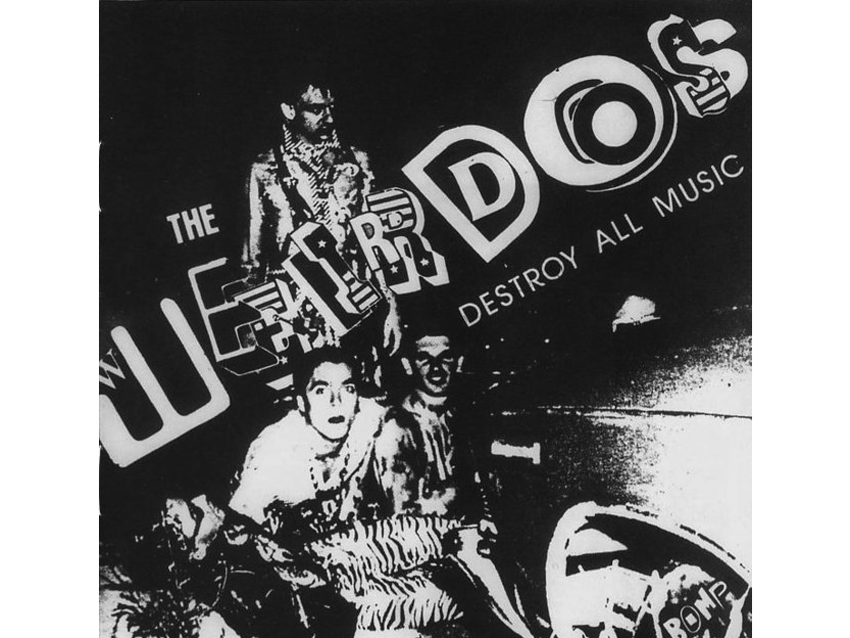
The Weirdos - Destroy All Music (1977)
“Another fun one. It’s got Destroy All Music, A Life Of Crime and Why Do We Exist? The Weirdos were already happening when I came on the scene. They had their crowd, they were playing places like the Whisky – people knew them.
“The drummer was Nickey ‘Beat,’ who played on a lot of the LA punk records at the time. He was the guy who would say, ‘Cut your hair! Cut your hair!’ That was his thing. This was during a really important transitional period. If you look at pictures of bands from this era, one month they looked like hippies and the next month they were total punk rockers.
“The Weirdos were a great live band. They put stuff out on Bomp! And Dangerhouse Records.”
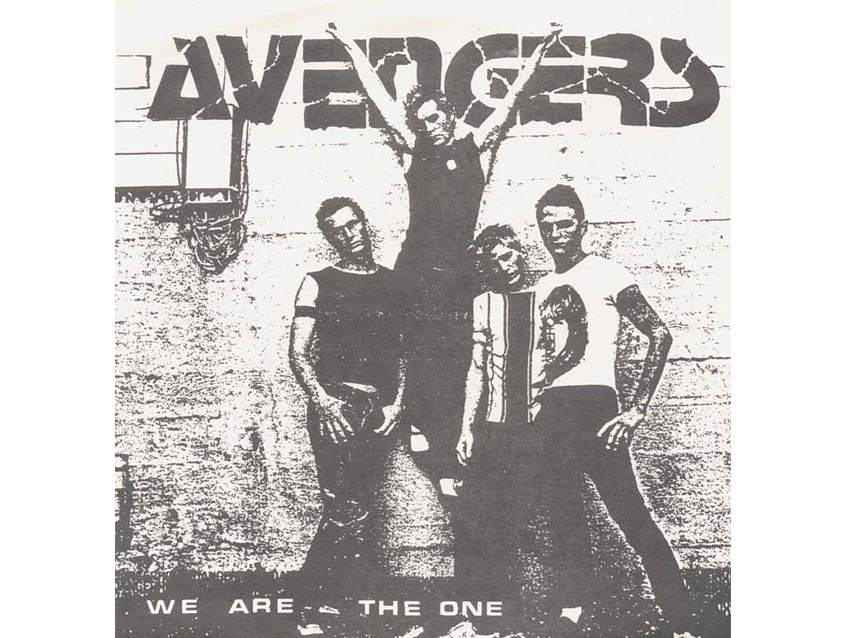
The Avengers - We Are The One (1977)
“They opened for the Sex Pistols at that San Francisco show I saw. We did a lot of gigs with them whenever we’d play San Francisco or when they came to LA.
“I never knew exactly what this song was about, but I think the message is ‘We can’t be categorized.’ They go through a whole list – ‘I’m not Jesus Christ, I’m not a Communist.’ At the time, I just thought it was really great – ‘Yeah, we’re us. We’re not an ideology outside of this scene.’ When you’re young, you go, ‘Yeah, that’s so cool,’ and later on you ask yourself, ‘What did that really mean?’” [Laughs]
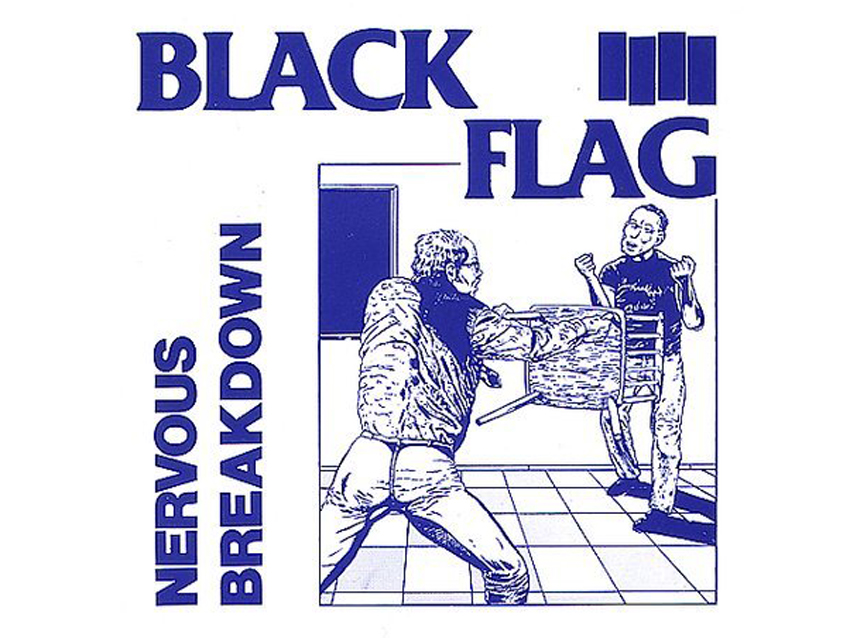
Black Flag - Nervous Breakdown (1978)
“All of the singers were really great, but Keith Morris is my favorite. There’s three other songs on the flipside of this single – Fix Me, I’ve Had It and Wasted – and they're all totally great, even though each one is a minute long or something. Nervous Breakdown, the A-side, is the best of the bunch.
“It epitomizes LA during this time. When the Orange County people came on the scene, people looked at them as late-comers, but once they merged into the whole thing, they defined what was going on.”
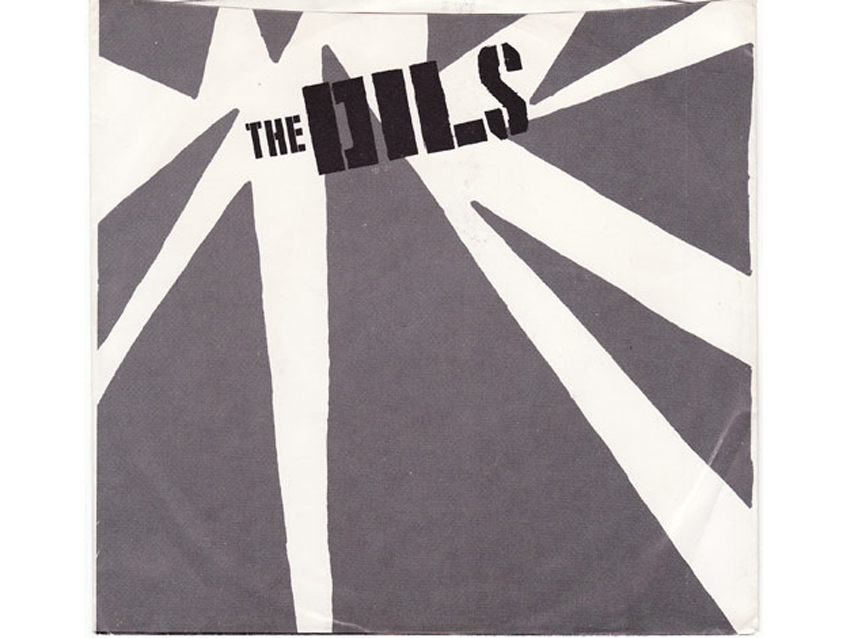
The Dils - I Hate The Rich (1978)
“Another San Francisco band, this one fronted by the Kinman brothers, Chip and Tony. At the time, they had Communist leanings, but I don’t think that lasted very long. I didn't adhere to their views at all – I just liked this song.
“The Dils were great band. They were a power trio – very tight, very driving. People liked them; they had a cool scene going on.”
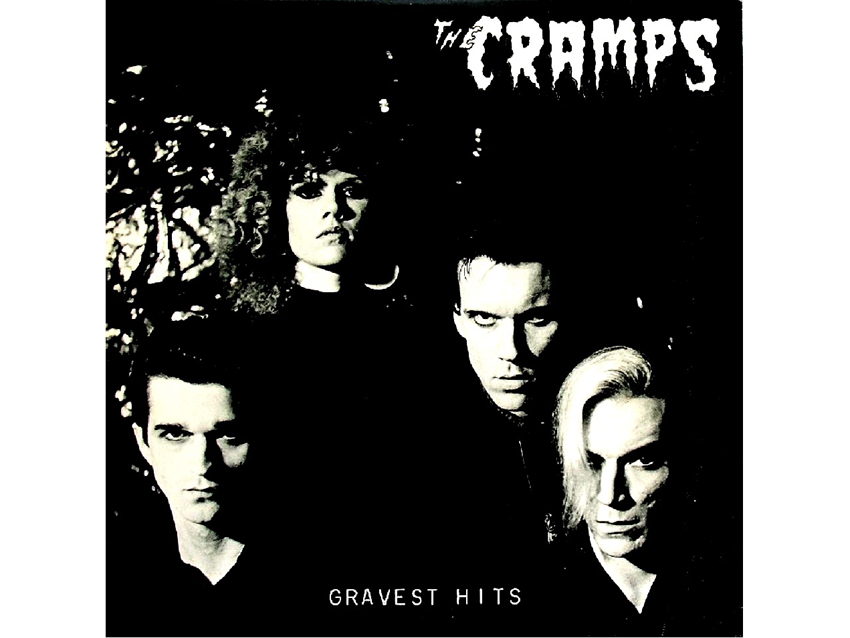
The Cramps - Gravest Hits (1978)
“I have to get The Cramps on here. This is a five-song EP with tracks like Human Fly and a few covers – things like The Way I Walk and Domino. I don’t really like their version of Lonesome Town, which Ricky Nelson had a hit with, but everything else is cool.
“I put this record on recently and listened to it at 33 1/3. It sounded really strange, like it was going too slow. But then I put it on at 45, and I was like, ‘No, that’s just The Cramps – they always sounded like somebody turned down the speed.’ [Laughs] I love them, though. They were so strange.”
Joe is a freelance journalist who has, over the past few decades, interviewed hundreds of guitarists for Guitar World, Guitar Player, MusicRadar and Classic Rock. He is also a former editor of Guitar World, contributing writer for Guitar Aficionado and VP of A&R for Island Records. He’s an enthusiastic guitarist, but he’s nowhere near the likes of the people he interviews. Surprisingly, his skills are more suited to the drums. If you need a drummer for your Beatles tribute band, look him up.
